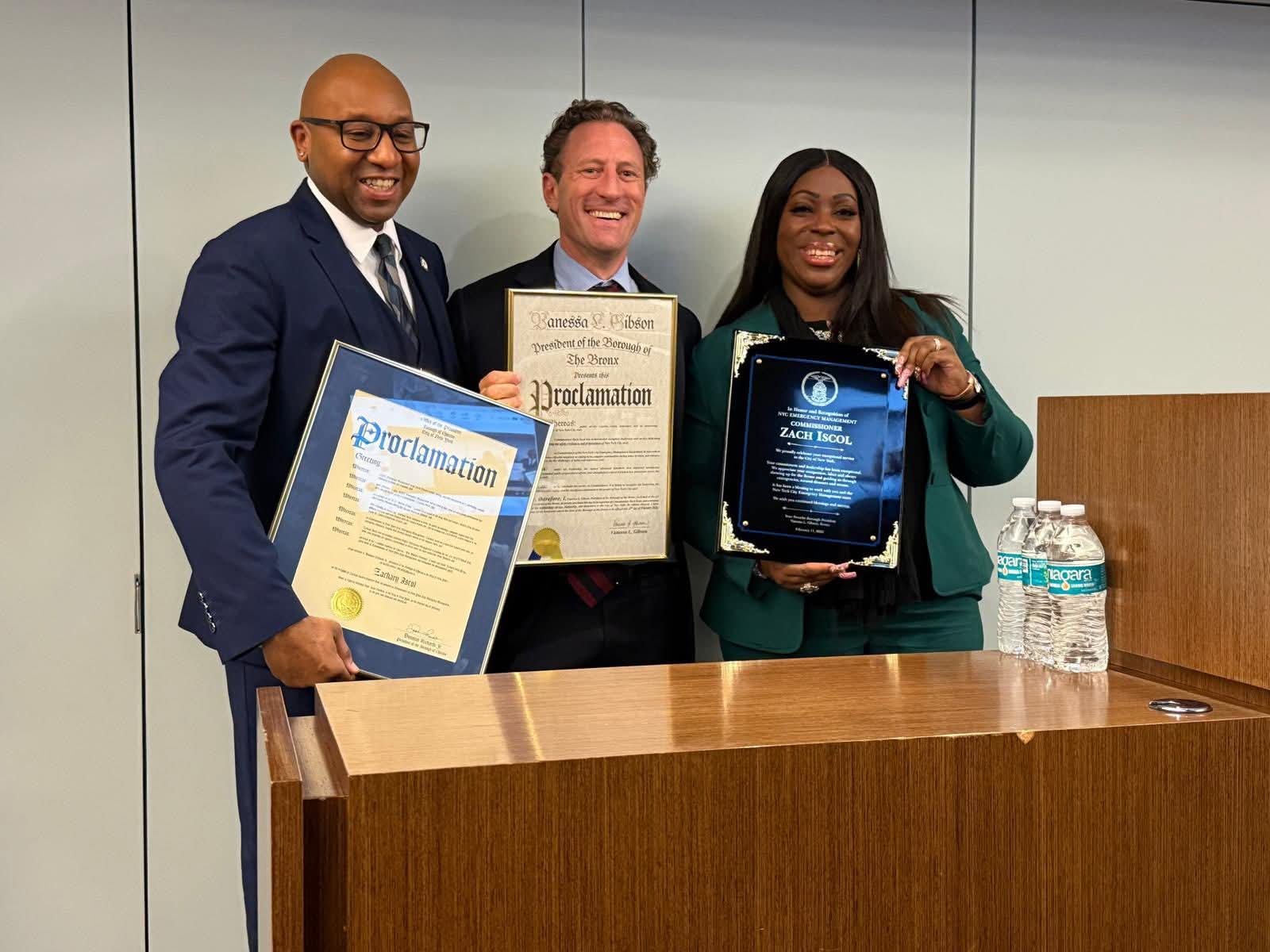
The resignation of a high-ranking official can send ripples of concern and speculation through both the public and the police force.
Such is the case with Edward Caban, the former Commissioner of the New York Police Department (NYPD), who recently resigned amidst a federal corruption investigation.
Background of the Investigation
The resignation of Commissioner Caban follows a federal investigation that casts a shadow on the integrity of law enforcement leadership. Central to the investigation is Caban’s twin brother, James, a former NYPD officer now entrenched in New York City’s nightlife industry.
The federal authorities’ interest in this case arises from allegations suggesting that James Caban may have exploited his brother’s influential position to benefit certain businesses, including bars and clubs.
This probe raises critical questions about potential ethical breaches and the misuse of power within the NYPD. The seizure of Edward Caban’s electronic devices by federal authorities signifies the seriousness of the allegations and the depth of the investigation. The situation underscores the importance of maintaining ethical standards in public service and the potential consequences when those standards are compromised.
Implications of Edward Caban’s Resignation
Edward Caban’s decision to step down from his role as Commissioner comes at a pivotal moment for the NYPD. His resignation, occurring so soon after the initiation of the federal probe, suggests an acknowledgment of the gravity of the situation. This move, while potentially disruptive, may also be seen as an effort to prevent the investigation from further diverting attention from the department’s critical responsibilities in maintaining public safety.
The resignation also prompts a reevaluation of leadership within the NYPD. As the department navigates this transition, it faces the challenge of selecting a new commissioner who can restore confidence and uphold the values of integrity and transparency. This leadership change is not merely an administrative adjustment but a crucial step in reaffirming the department’s commitment to ethical conduct.
Broader Impact on the NYPD and Public Trust
The implications of this investigation extend beyond the immediate parties involved. The allegations, if substantiated, could erode public trust in the NYPD, an institution already facing scrutiny over various issues, including crime rates and community relations. This situation highlights the need for robust internal oversight and comprehensive reforms to prevent similar incidents in the future.
Public reaction to the unfolding events has been marked by concern and calls for accountability. City officials and community leaders emphasize the necessity for transparency and a thorough examination of the facts. Advocacy groups are leveraging this moment to push for deeper reforms and greater accountability within the police force, underscoring the public’s demand for ethical governance









